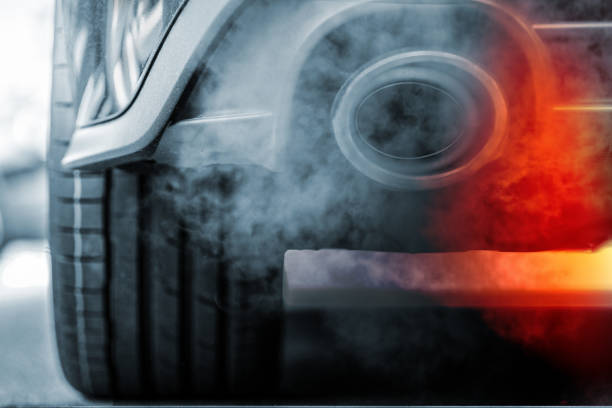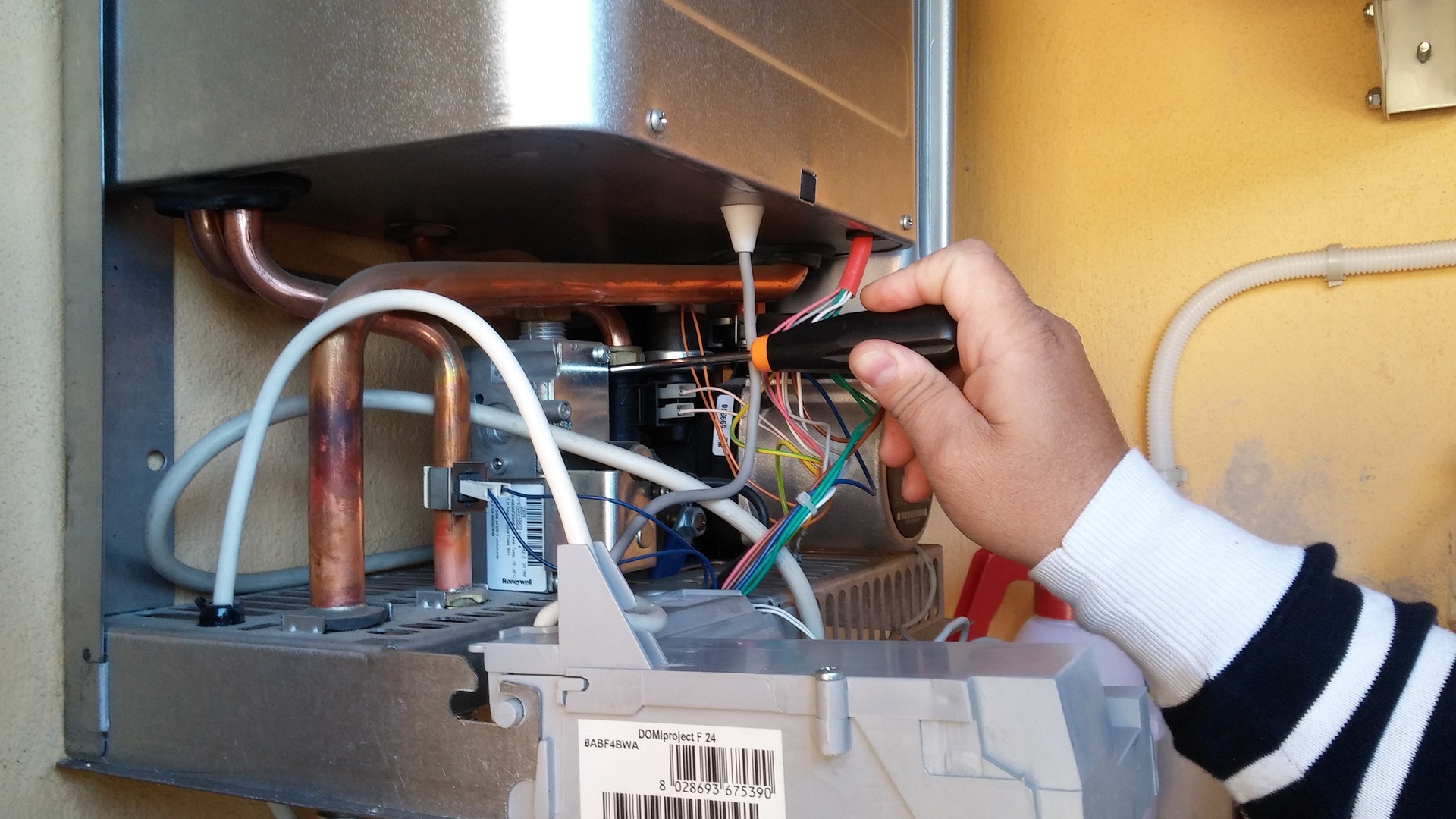Understanding Vehicle Auctions: A Complete Guide to Bidding and Buying
Looking for your next ride at a great value? Vehicle auctions open the door to a wide selection—from everyday cars to rare finds. Bid with confidence, explore different makes and models, and drive away with a deal that fits your budget and lifestyle.

How Do Vehicle Auctions Work?
Vehicle auctions operate through a systematic process that begins with vehicle registration and inspection. Sellers submit their vehicles to the auction house, where they undergo basic verification and documentation. Potential buyers can typically preview vehicles before the auction begins, examining their condition and reviewing available documentation. During the actual auction, an auctioneer presents each vehicle and manages the bidding process, which can happen either in person or through online platforms.
Understanding Vehicle Auction Bidding Rules
Each auction house maintains specific bidding rules and requirements that participants must follow. Buyers usually need to register and obtain a bidder number before participating. Many auctions require a refundable deposit or proof of funds. Important rules often include:
-
Minimum bid increments
-
Payment deadlines after winning
-
Vehicle removal timeframes
-
Inspection periods
-
Buyer’s premium charges
Types of Vehicle Auctions Available
Different categories of vehicle auctions serve various market segments:
Government Auctions: Feature vehicles from federal, state, and local agencies
Insurance Auctions: Sell recovered stolen vehicles and insurance write-offs
Dealer Auctions: Wholesale events primarily for licensed dealers
Public Auctions: Open to general consumers
Online Auctions: Virtual platforms allowing remote bidding
Costs and Fees Associated with Vehicle Auctions
Understanding the full cost structure of vehicle auctions is crucial for potential buyers.
| Fee Type | Typical Range | Notes |
|---|---|---|
| Buyer’s Premium | 5-10% of sale price | Added to final bid amount |
| Registration Fee | $25-100 | One-time fee per auction |
| Storage Fee | $25-50 per day | If vehicle isn’t removed promptly |
| Documentation Fee | $50-200 | Title transfer and processing |
Prices, rates, or cost estimates mentioned in this article are based on the latest available information but may change over time. Independent research is advised before making financial decisions.
Vehicle Inspection and Documentation Requirements
Prior to bidding, carefully inspect any vehicle of interest. Most auctions provide:
-
Vehicle history reports
-
Maintenance records (when available)
-
Current condition reports
-
Title status information
-
Previous ownership details
The success of purchasing through vehicle auctions often depends on thorough preparation, understanding of the process, and careful adherence to auction rules and procedures. While auctions can offer opportunities for savings, buyers should always consider additional costs beyond the hammer price and conduct proper due diligence before bidding.




